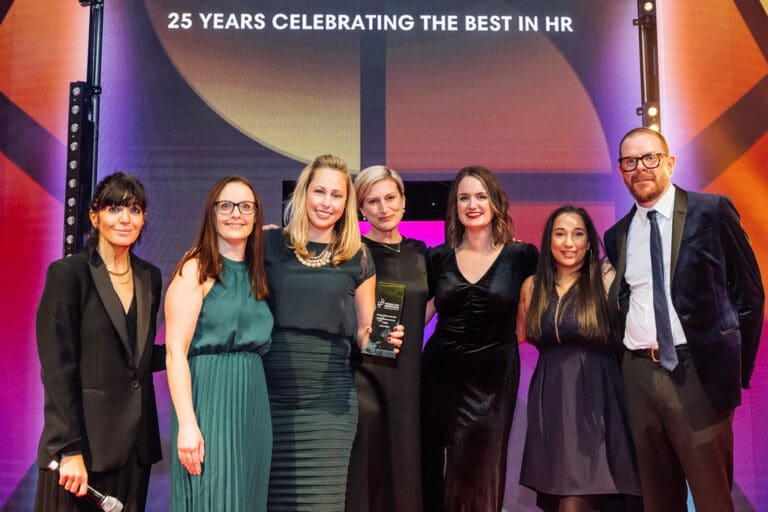With only 1 in 3 young people thinking employers are supportive of hiring them, and just under half not being confident that they will progress into a good job (Youth Voice Census), it’s clear that there is significant disconnect between young people and employers.
Most employers will confirm they’re committed to reaching diverse audiences and supporting students and graduates from all walks of life to realise their potential, so why do young people still feel so bleak about their prospects, and more importantly what can we do about it?
“Young people don’t feel ready for work. It’s more than just confidence – it’s a skills issue, but not how you might think. They know what is needed but don’t always see how they can show what they have.”
- Lauren Mistry, Youth Employment UK (speaking at the OU Elevating Equity Conference last month)
Whether we’re looking at data and research from the ISE, Bright Network, Cibyl, or any other early careers specialist, the message we’re hearing is the same: candidates want more support and guidance, and businesses want diverse and better prepared candidates.
Generalising isn’t always the best idea, but given the data we’re receiving from all quarters, we can confidently summarise that candidates (on the whole) are looking for:
Information
About your process stages and timings. Requirements in terms of both what you’re looking for in role, and during the process. Role details to make it crystal clear what the programmes and positions are, and what the day-to-day will be like. Business expectations in terms of the knowledge, skills and experience candidates need.
Inspiration
How your culture supports, grows, and expands the horizons of your employees. The impact your business mission/product/service has on the world, people, or your area of specialism. How your offering elevates the potential personal impact of each of your employees from day one. The long-term career potential in terms of both skills development and earning.
To be treated like an individual
Comms which do not feel generic or irrelevant (and like spam). Personalised feedback—or even just timely feedback if personalisation is not possible. Respect for individual time commitments and personal situations which may hinder access to roles or process stages. A demonstration of your understanding of your target audience in the language you use, your visuals, and the way you disseminate information.
Upskilling and Support
Many candidates expect to get something positive from the experience, even if it’s a ‘no’ at the end. They are looking to employers to help fill the gaps left after education, and assist them to build confidence and skills through their interactions with you.
The fact we know the above means employers should have a head start on figuring out how best to reach, attract, and support young people looking for their first step into the world of work. So why aren’t candidates feeling more hopeful?
“The preparation you’ve designed is unlike anything I’ve ever seen before, very innovative and a great way of helping candidates make the best out of their application”
- Candidate using a Meet & Engage bespoke in-process nurture platform
It’s been a tough few years economically and we know many businesses, and therefore recruitment teams, are feeling the pinch; you’re being asked to do more with less in terms of both budget and people and, let’s be honest, candidates requiring more support and input can feel like an additional drain on your resources. But effective solutions are available which will help you to remove blockers in your process, free up your team, and meet the needs of both your candidates and business.
I recently ran a two-part masterclass series which covers bridging the gap between employers and young candidates. During these sessions, I delved into what candidates want, what challenges employers are trying to solve, and how technology can help bridge the gap between the two. Here are a few headlines:
- You have opportunities to nurture and support candidates at each stage of your process. Make this your key engagement strategy as all will benefit.
- Understand the behaviour of candidates and how they like to consume information – look at solutions which work in line with these behaviours as your messages are more likely to land.
- Utilise tech solutions and automation to deliver upskilling and engagement strategies – if this is targeted, personalised and relevant, candidates will feel cared for and positive.
- Consider reciprocity – what upskilling, feedback and information can you provide to all applicants to ensure they leave your process having gained something positive, regardless of success.
You can catch up with Jodie’s webinar series in full here.
If you’d like to hear more about our work readiness solution, please contact Jodie on Jodie.grove@meetandengage.com





